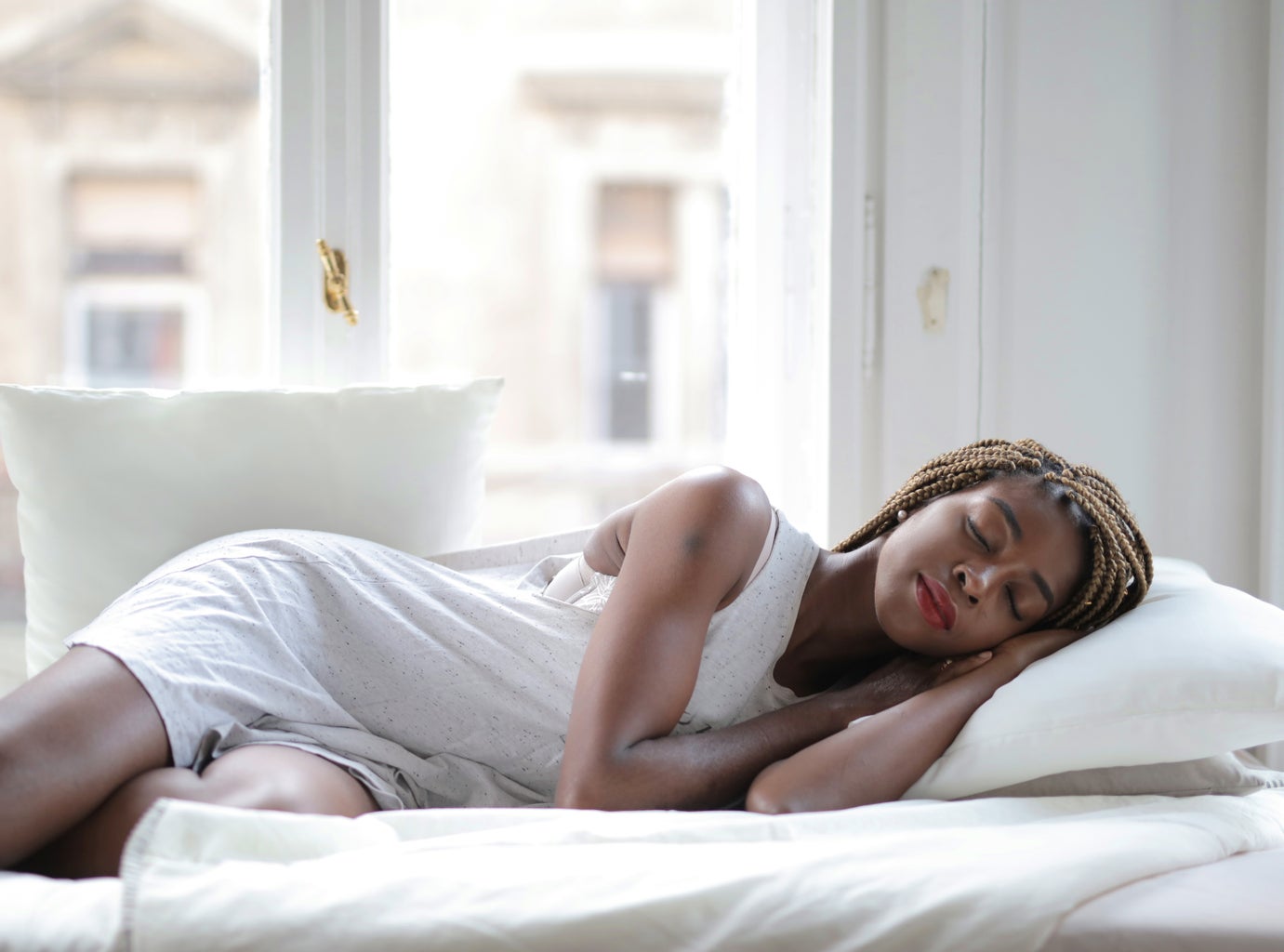It’s finals season, y’all! This time in the semester is what I like to call “crunch time,” due to the overwhelming feelings that are related to final assignments, essays, and exams. Finding time to relax and debrief can seem difficult during the finals period, but personally, I like to take naps as a way to restore my mind and give my body the relaxation that it needs. However, sleeping too much could hinder your actual sleep schedule and, possibly, your studying ability.
As stressful as finals season can be, we are all in need of rest and relaxation. Craming at midnight for your exams or pulling all-nighters may not be the way to go leading towards your finals, so you may want to think about how you’ll manage your sleep and study schedules, respectively. It’s important to note if these “power naps” will be beneficial for you and your academic performance. To provide an understanding perspective on this topic, I spoke with David Tzall, Psy.D to discuss whether or not power naps could be beneficial for your studying.
What are power naps?
If you’re someone who likes to take a nap, the ideal nap may be up to an hour, sometimes two. However, power naps are much shorter and tend to not last long at all. Lasting from 10 to 30 minutes, these types of naps can help with relaxation. “They’re called ‘power’ naps because they’re designed to provide a quick burst of rejuvenation without causing grogginess or sleep inertia, which can occur if you enter deeper stages of sleep,” Tzall explains.
Typically, your body will enter into “deep sleep” after 30 minutes, so it’s important that you try to avoid this as a way to not deepen your need for sleep.
What are the benefits of power naps?
Turns out, napping during the day can actually help with mental clarity and relieve fatigue. However, power naps provide more benefits due to their short timespan. “A short nap can help combat midday drowsiness, enhancing alertness and productivity,” Tzall explains. “Napping can enhance cognitive abilities such as memory, learning, and problem-solving skills.” So, the benefits of power naps can help a lot with your studying, as you need cognitive abilities to better reiterate the material that will be given on any final, such as exams and assignments.
During finals season, can power naps be good or bad for a student?
Some, if not most, people will think that napping could be harmful to your sleep schedule. Not only that, but it may not be as beneficial for studying. “Power naps can be a great accompaniment to a student’s self-care routine,” Tzall says. “I would recommend that a student take advantage of such naps as it can help them mentally and physically throughout their exams.” Additionally, power naps will be great to add to your daily routine, as this will help with your learning mobility and mental health.
On the downside, the difficulty of falling asleep, especially napping, could interfere with your sleeping schedule. One of the cons is pulling all-nighters, meaning that you get no sleep at all. As important as passing your finals with flying colors, getting regular sleep during this period is important, as well.
The bottom line is this: Getting enough sleep will help you out in the long run. Especially during finals week, incorporating a healthy sleeping pattern will help you perform well academically, and may give you the much-needed energy that you are going to need to last throughout the day.



